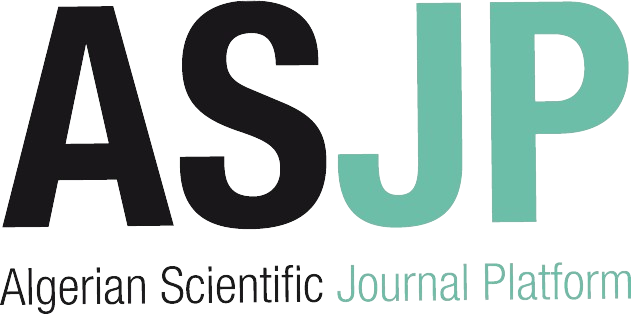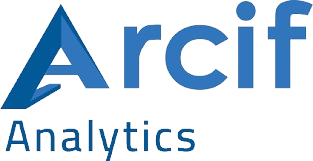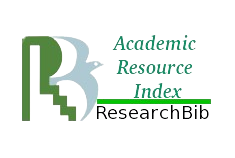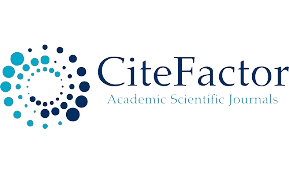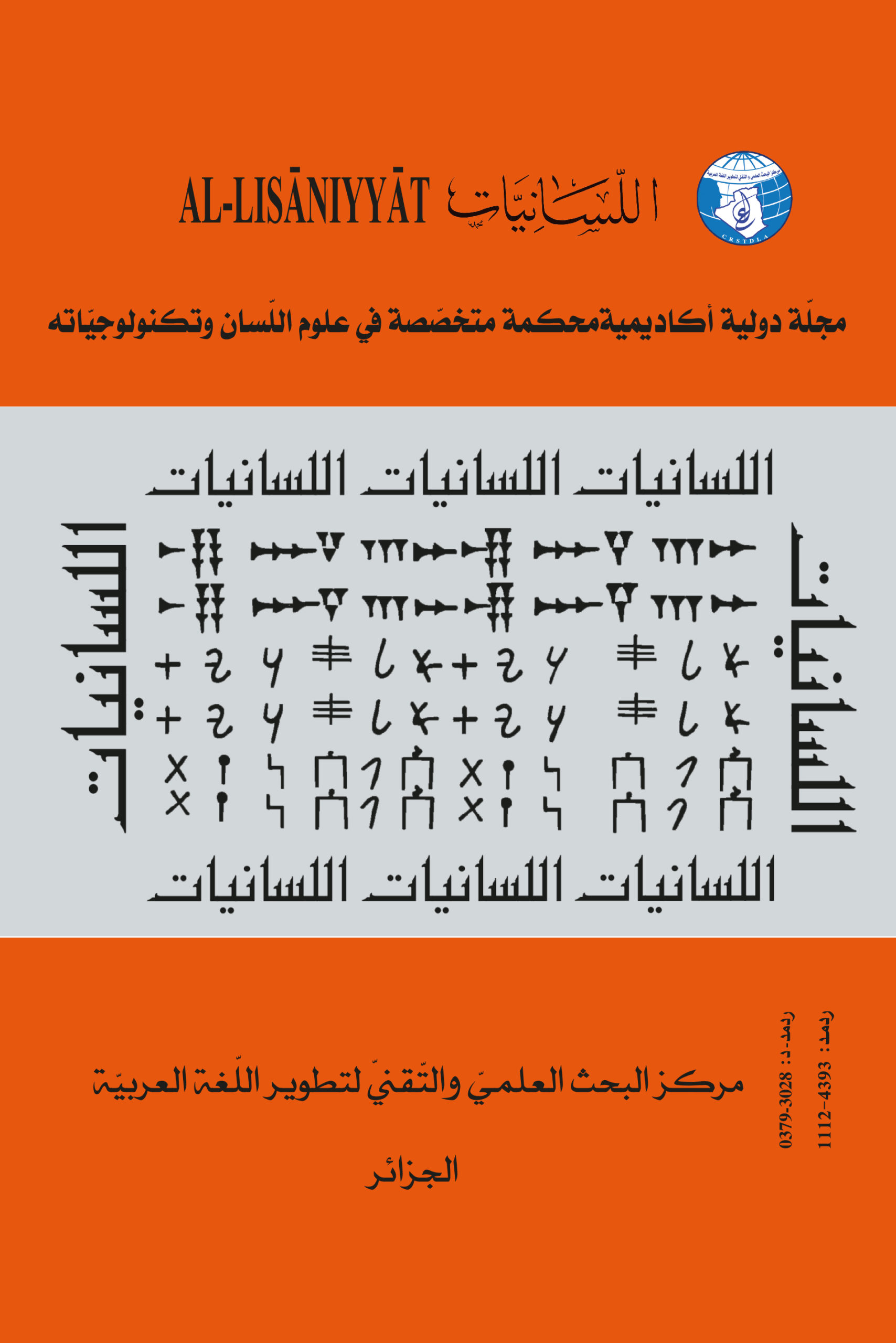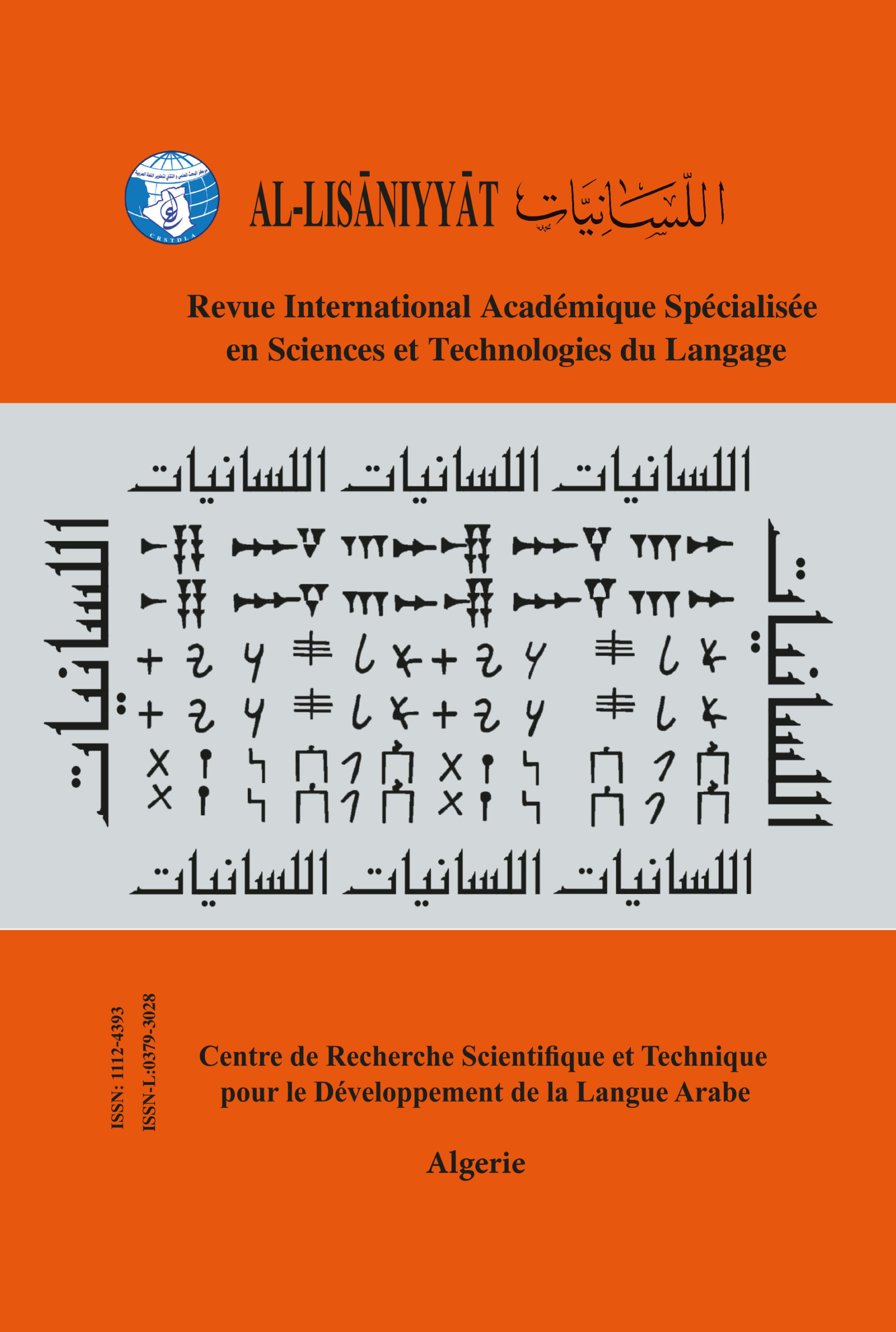About Al-Lisaniyyat
About AL-Lisaniyyat
AL-Lisaniyyat is a scientific journal issued by the Scientific and Technical Research center for the Development of the Arabic Language, bearing the international standard number.
The journal, both in print and digital formats with open access, aims to serve as a space for study, discussion, and contemplation by covering various areas of general linguistics, applied linguistics, phonetics, phonology, lexicology, terminology, syntax, discourse linguistics and analysis, pragmatics, pronunciation linguistics, conversation analysis, Arabic language education, comparative language education, translations, language disorders, speech disorders, neurolinguistic psychology, cognitive linguistic psychology, computational linguistics, and automatic speech therapy.
To promote a multidisciplinary dialogue from a modern and diverse perspective, the journal opens its pages twice a year for original research papers in its specialized fields, written in Arabic, French, and English.
The Linguistics Journal appears in the national profile of scientific journals published by the Algerian Ministry of Higher Education and Scientific Research (MESRS) and on the platform of Algerian scientific journals (ASJP) managed by CERIST.
The journal’s scientific committee and readership are international, consisting of experts from the center, Algerian universities, and other foreign institutions. It is multilingual and publishes only unpublished materials. The editorial board reserves the right to request corrections and/or modifications from authors.
The frequency of the journal
The linguistic journal is biannual issued regularly every six months, organized twice a year.
Policy against scientific theft and plagiarisme
All works are reviewed twice, at the beginning of submission and before the release of the journal issue, through a program subject to the ASJP platform to detect whether the scientific material is plagiarized or stolen (or not), and a report is sent to the authors about the authenticity of the work. In case of non-compliance, the non-compliant article is banned from ethical standards and placed on the blacklist.

